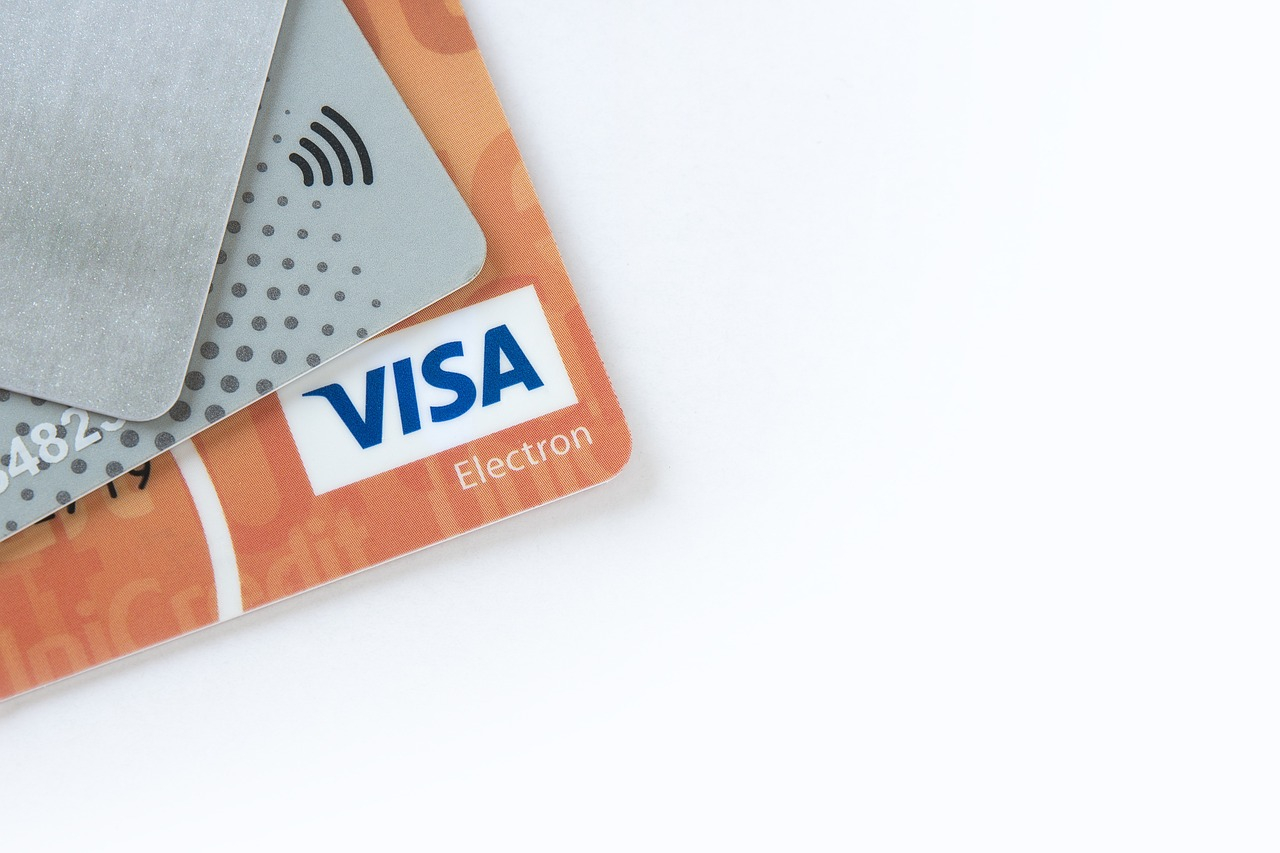What will you learn?
1. What are the main features of Klarna's new credit card?
2. What are Klarna's prospects ahead of the upcoming IPO?
3. What achievements has Klarna made in the commercial market before its stock market debut?
4. What regulatory challenges does Klarna face?
5. What are the predictions for Klarna's future in the context of the "buy now, pay later" model?
Strategies Before IPO - Partnership with Uber and New Klarna Plus Offer
Ahead of its planned stock market debut, which could value Klarna at over $20 billion, the company has entered into a significant agreement with Uber. The financial details of this agreement have not been disclosed, however, it is one of Klarna's key moves in the commercial market. In addition, Klarna has launched a new monthly subscription plan called Klarna Plus in the American market. For a monthly fee of $7.99, subscribers can enjoy waived service fees, earn double loyalty points, and gain access to exclusive discounts from partners like Nike and Instacart.
Market Renewal and Return to Profits
Klarna experienced a tough year in 2022, losing $38.9 billion in value due to deteriorating macroeconomic conditions resulting from the Russian-Ukrainian conflict. However, the company quickly rebounded, reporting its first quarterly profit in four years. In the third quarter of 2023, Klarna reported an operating profit of 130 million Swedish kronor, a significant improvement compared to a loss of 2 billion kronor the previous year.
Growing Popularity of the "Buy Now, Pay Later" Model
The "buy now, pay later" (BNPL) model, of which Klarna is one of the main providers, is gaining popularity as an alternative to traditional credit cards, which often come with high fees and interest rates. However, the BNPL model also raises concerns about its sustainability, especially among younger consumers who may be prone to excessive spending. In response to these concerns, regulations are being introduced in the UK, the USA, and the European Union to oversee BNPL practices, comparable to those for credit companies.
Klarna, defending its model, argues that it offers a cheaper and more accessible form of credit. The company welcomes regulations that may contribute to further shaping the market and increasing transparency and consumer protection. As the market evolves, Klarna will continue to adapt its services to new legal requirements, while striving to provide users with convenient and safe financing options for their purchases.





